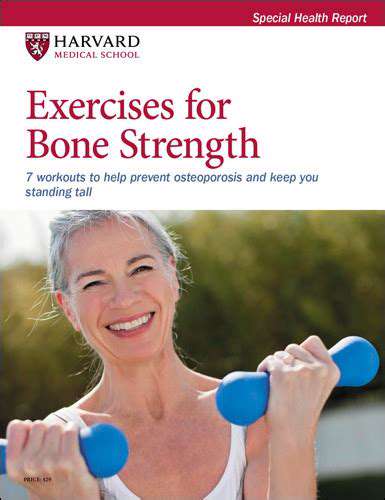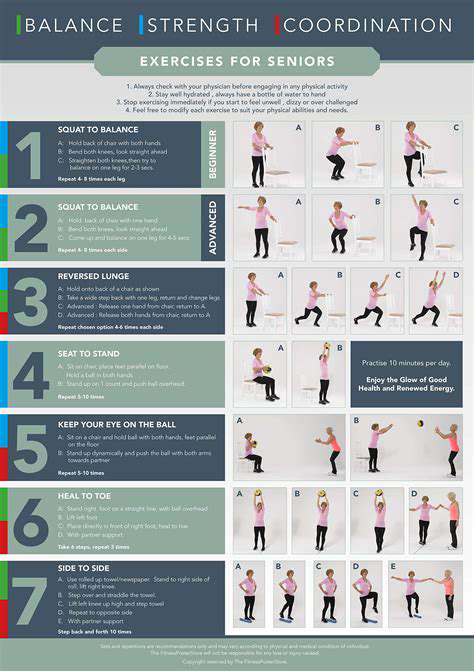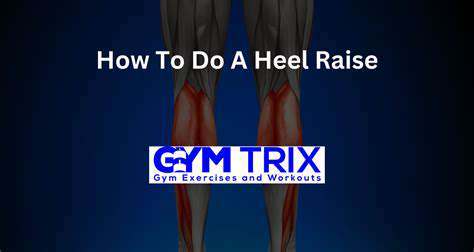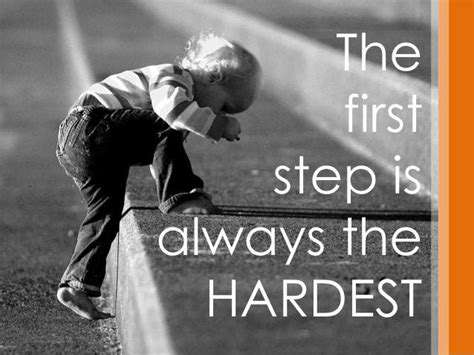Comprehensive Strength Training Plan for Seniors with Osteoporosis
Key Exercises for Bone Health and Strength

Weight-Bearing Exercises
Weight-bearing exercises are crucial for stimulating bone growth and density. These exercises, which force your bones to work against gravity, are essential for preventing osteoporosis and maintaining strong bones throughout your life. Walking, jogging, dancing, and stair climbing are all excellent examples of weight-bearing activities. Aim for at least 30 minutes of moderate-intensity weight-bearing exercise most days of the week.
Incorporating these exercises into your daily routine can significantly improve bone health. By consistently engaging in weight-bearing activities, you're actively promoting bone remodeling, a natural process that replaces old bone tissue with new, stronger bone. This process helps maintain bone density and reduces the risk of fractures.
Resistance Training
Resistance training, involving activities that work against resistance, is equally important for bone health. These exercises, such as lifting weights, using resistance bands, or performing bodyweight exercises like push-ups and squats, help build and maintain muscle mass. Strong muscles provide support for bones and reduce the risk of falls, a leading cause of fractures in older adults. Building muscle is a proactive measure to maintain bone strength and prevent future fragility.
Consistent resistance training challenges your muscles, which in turn signals your body to produce more bone-forming cells. This process strengthens the connections between muscles and bones, making them more resilient to stress and strain.
Flexibility and Balance Exercises
Flexibility and balance exercises are often overlooked but play a vital role in maintaining bone health and preventing falls. Activities like yoga, tai chi, and stretching improve flexibility, which allows for a wider range of motion and reduces the risk of injuries. Improving flexibility is crucial for maintaining good posture and prevents strains that can put stress on your bones.
Balance exercises, such as standing on one leg or performing heel-toe walks, help improve stability and coordination. Better balance reduces the risk of falls, a major cause of fractures in older adults. By focusing on both flexibility and balance, you're strengthening your entire musculoskeletal system, supporting healthy bones.
Proper Nutrition for Bone Health
A balanced diet rich in calcium and vitamin D is essential for optimal bone health. Calcium is a building block of bones, while vitamin D helps your body absorb calcium effectively. Consuming sufficient calcium and vitamin D is paramount to maintaining bone density and preventing bone loss. Dairy products, leafy green vegetables, and fortified foods are good sources of calcium.
Calcium and vitamin D are not the only nutrients crucial for bone health. Sufficient protein intake, essential for building and repairing tissues, including bones, is also necessary. Consuming a variety of fruits and vegetables provides essential vitamins and minerals that support overall bone health, while also promoting general well-being.
Addressing Underlying Medical Conditions
Certain medical conditions can negatively impact bone health. Conditions like osteoporosis, rheumatoid arthritis, and certain hormonal imbalances can lead to bone loss and increase the risk of fractures. It's vital to consult with a healthcare professional if you have any underlying medical conditions that may affect your bone health.
A doctor can assess your individual needs and recommend specific exercises, dietary changes, or medications to manage any underlying conditions and promote optimal bone health. Regular checkups and open communication with your doctor are essential for proactively addressing potential issues and maintaining strong, healthy bones.












